The Holidays are definitely upon us. And so, true to the Filipino Christmas tradition, we celebrate Filipino filmmaking by trooping to cinemas for the annual Metro Manila Film Festival. Amidst the controversies, the hurdles, and the push-and-pulls from different parties, the yearly bout for the best film for the family has tremendously shaped the Filipino love for movies.
Now on its 43rd year, the MMFF returns with group of eight contenders not only vying for the Best Picture plum but for commercial success. This festival has provided a platform for local films to exhibit their artistry. And since the MMFF, in itself, is a Filipino family tradition, the Rank family weighs in on their best and most memorable MMFF movie ever.
Leo Balante, Editor-in-chief
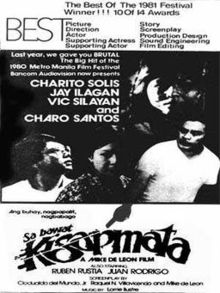
From the annual parade of stars to the awards night, the MMFF has really influenced how I grew to love local films. I have a lot of favorite movies from this festival, one of which, I even wrote a thesis about. But I would have to say, my favorite really is Mike De Leon’s Kisapmata. Mike De Leon, my favorite Filipino filmmaker (ever), depicted the dark world of the Carandangs, interwoven on its quiet narration of incest, a first in the Filipino moviemaking scene at the time. The psychological horror film was spawned from a Nick Joaquin article, “The House on Zapote Street” and I love how, in the movie, the house–dark and full of shadows–served as a quiet, observing character in the movie. There’s eloquence in its quiessence and it is effective in putting together a small but powerful cast.
Christian Penilla, Web Director
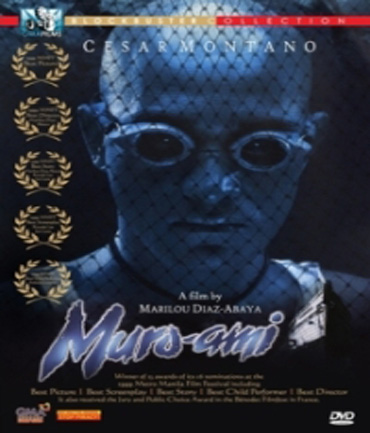
Muro-Ami was my favorite. It was quiet and wonderfully-done. And I remember, as a kid, in our video rental shop, it was the most requested movie.
Rey-Ann Legazpi, Publisher

I loved Tanging Yaman. It was rare that we show movies about religion discussed in a family setting and I think the lessons that the film had taught us indirectly were priceless. And I love so many scenes in the movie, I cry everytime.
Advan Ramirez, Photographer-at-large
I love the simplicity of Vince, Kath, and James. It’s a reminder of simpler times. And I did the movie poster of this one, that’s why it is memorable!
Joanna Parungao, Contributing Editor
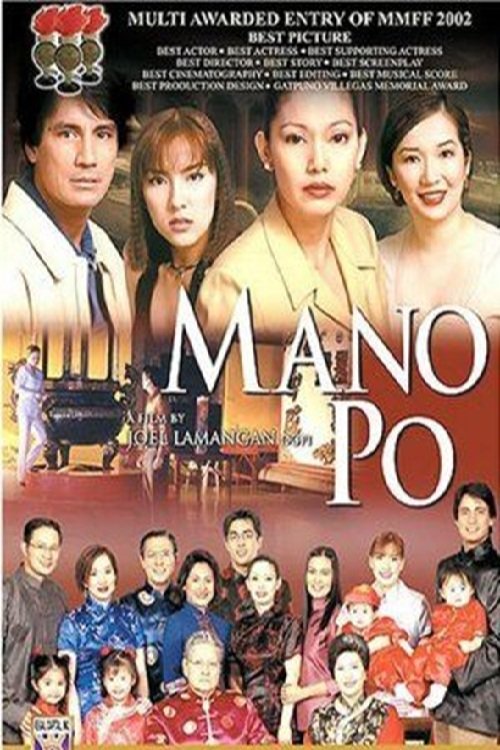
Mano Po, for me is memorable because it talked about family dynamics, which is quintessentially Pinoy. At the heart of everything, family bonds trump all.
Stephanie Liban, Contributing Editor
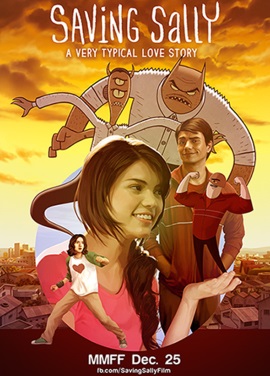
For me, Saving Sally is a triumph. I like that it introduced a different treatment that’s very digital. Plus, the story wasn’t too heavy and it was perfect for the season. I liked it because it veered away from the formulaic movies we usually have for the MMFF.
Aldrin Ramos, Contributing Fashion Editor
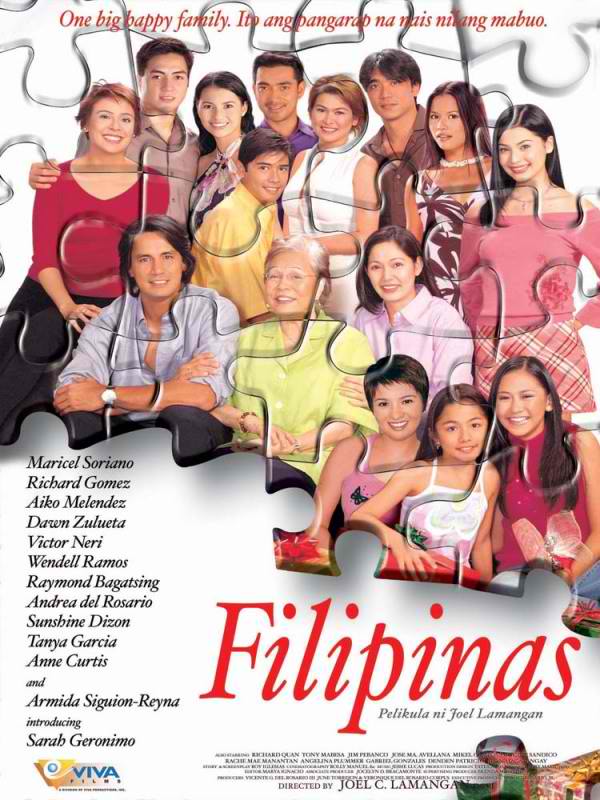
I loved Filipinas because I’m a very family oriented person and the genre of the movie is my type as well. Heavy drama tackling about life and family which is very moving and touching.
John Jack Wigley, Editor-at-large
I think that Himala a is the perfect Filipino film. It is a deliberately-paced melodrama which characterizes a stereotypical Filipino identity. But more than just CNN’s best Asian film, I think the strength of the film is its multi-layered and polyvalent themes and genres that are distinctly Filipino: poverty, tradition vs. modernity, illusion vs. reality, faith vs. reason, the personal vs. the communal, prostitution and commodification of the self, the moral and ethical judgment of character, triumph of good over evil, the dangers of fame, the myriad sides and aspects of truth. It’s all here, and it’s all in this film. No wonder, more than 35 years since its production, Himala continues to draw audiences in every generation.
Jiro Imura, Contributing Art Director
My all time favorite MMFF is Jose Rizal. The movie’s graphic portrait, direction, and cinematography are first-rate. The picture strays away from international movie constructs in telling out the final days of Rizal, although flashbacks play a major role in depicting the development of Rizal’s revolutionary movement. I recommend this film for anybody interested in world history and anybody who wants to see a top-notch non-Hollywood production.


